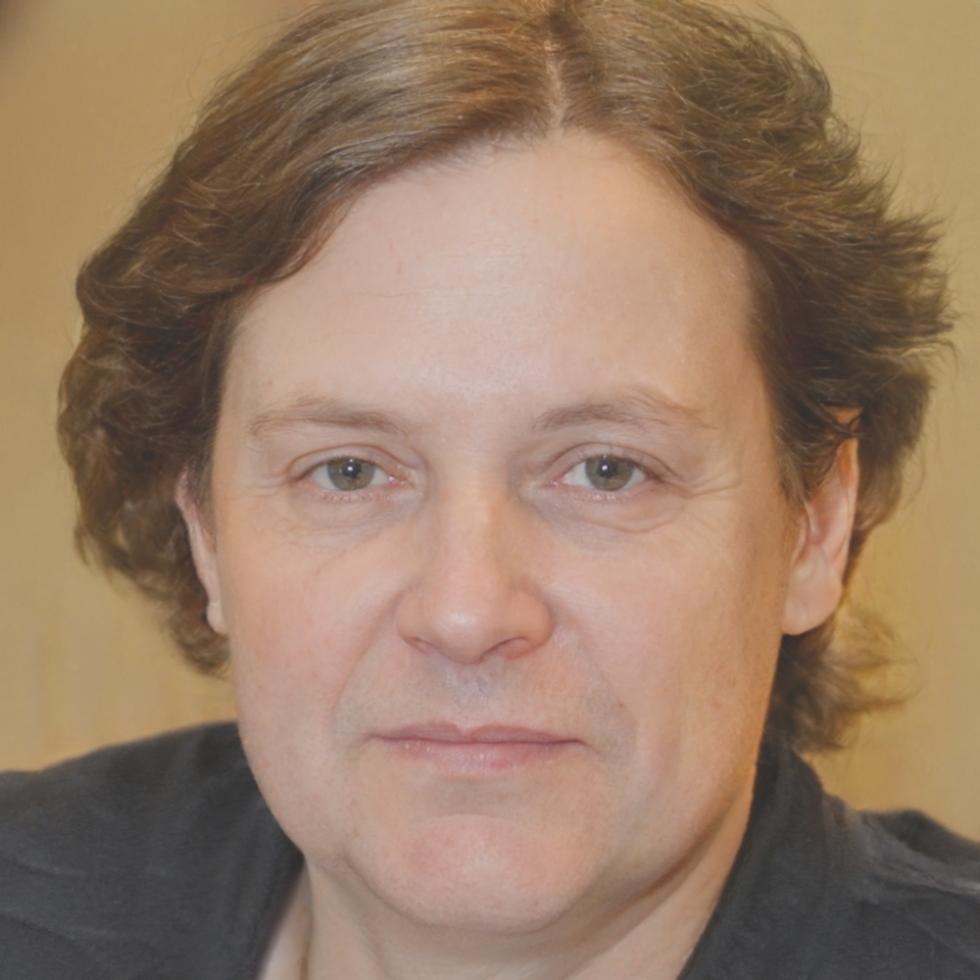How We Teach Unreal Engine
Our approach isn't about rushing through documentation. We focus on building actual understanding through structured practice and real project work that sticks with you.
Learning Through Building
Most people who try learning Unreal on their own hit the same wall. They watch tutorials, follow along, everything works fine. Then they try to build something themselves and... nothing. The knowledge just isn't there when they need it.
We've seen this pattern enough times to know the problem isn't the student. It's the method. Watching someone code doesn't teach you to code any more than watching someone swim teaches you to swim.
So we do things differently. You'll spend most of your time actually writing code, making mistakes, fixing them, and understanding why things work the way they do. It's slower at first. But students who learn this way actually retain what they've learned.

Three Phases That Build On Each Other
We break learning down into stages that make sense. Each phase prepares you for the next one without overwhelming you with information you're not ready to use yet.
Foundation Work
The first month focuses on C++ fundamentals and basic Unreal architecture. You're not building games yet. You're learning how to think in code and understand how Unreal structures projects. This groundwork matters more than people realize.
Systems Building
Months two through four are where things get interesting. You start implementing actual game systems—character controllers, inventory mechanics, AI behavior. Each system builds on skills from the previous one, so the learning compounds.
Project Development
The final months center on your own project. You're making real decisions about architecture, solving unique problems, and learning how to work when there's no tutorial to follow. This is where most learning actually happens.

Oskar Tveit
Lead Instructor
I've been working with Unreal Engine since 2016, mostly on technical systems for mid-sized studios. Started teaching in 2022 because I kept seeing talented people struggle with the same conceptual gaps.
The thing I've learned about teaching code: you can't just explain it. People need to break things and fix them. That's when understanding actually clicks. So that's what we focus on—giving students space to struggle productively and learn from what goes wrong.
Program Timeline for Fall 2025
Our next cohort starts September 2025 and runs through March 2026. Here's what the schedule looks like and what you can expect during each phase.
C++ Fundamentals & Setup
Getting your development environment configured correctly, understanding memory management, and learning the C++ features that Unreal actually uses. Most students find this challenging but appreciate having a solid foundation later.
Core Engine Systems
Working with Actors, Components, and the gameplay framework. You'll build several small systems from scratch to understand how Unreal's architecture actually works. This is where things start making sense.
Advanced Mechanics
Diving into AI programming, networking basics, and animation systems. These topics get complex quickly, so we take time to build understanding through repeated practice rather than rushing through material.
Capstone Project
You'll design and build a complete system or small game demonstrating what you've learned. This becomes your portfolio piece. We provide guidance, but the problem-solving is yours—that's the point.
Interested in Our Fall 2025 Program?
We accept applications until July 2025. Class size is limited to maintain the quality of instruction and ensure everyone gets attention when they're stuck.
View Program Details